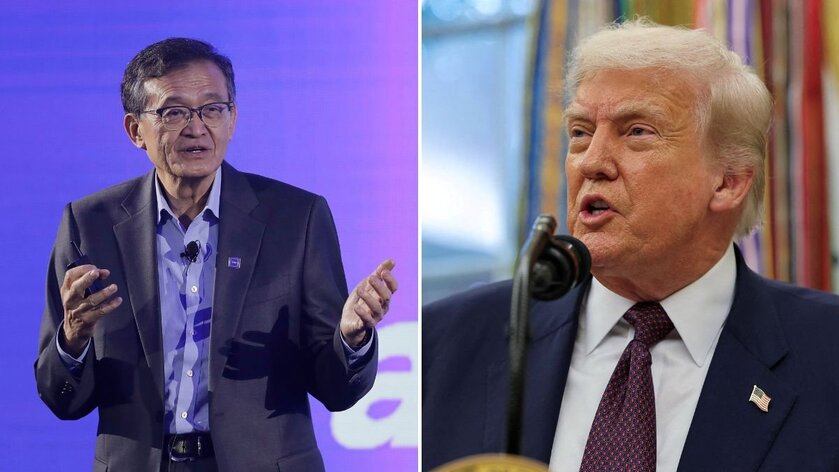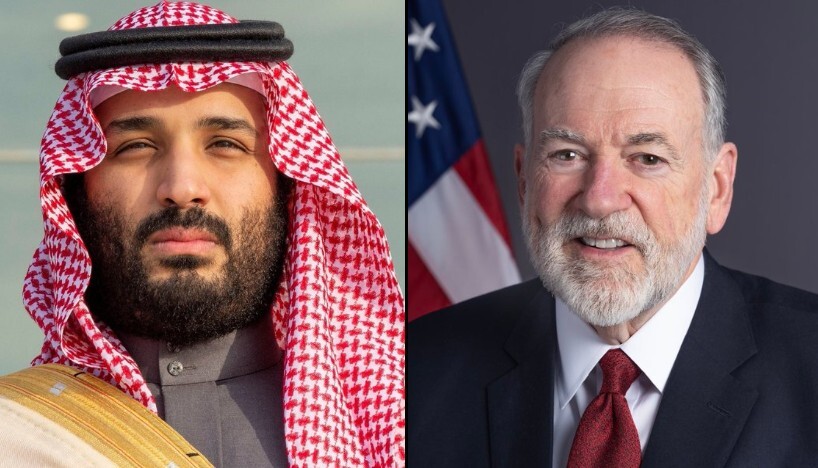President Donald Trump announced on Friday, that the U.S. government has secured a 10% stake in Intel Corporation, a move he hailed as a significant victory for American industry and national security.
The deal, which involved converting $8.9 billion in previously awarded but unpaid grants from the CHIPS and Science Act and the Secure Enclave program into equity, gives the government 433.3 million shares of non-voting common stock at $20.47 per share, representing a 9.9% stake.
Trump declared on Truth Social, "The United States of America now fully owns and controls 10% of INTEL, a Great American Company that has an even more incredible future," and claimed the U.S. the shares are now valued at approximately $11 billion.
"The United States of America now fully owns and controls 10% of INTEL, a Great American Company that has an even more incredible future,” Trump wrote in a post. “I negotiated this Deal with Lip-Bu Tan, the Highly Respected Chief Executive Officer of the Company. The United States paid nothing for these Shares, and the Shares are now valued at approximately $11 Billion Dollars. This is a great Deal for America and, also, a great Deal for INTEL.”
The announcement marks a dramatic shift in the relationship between the U.S. government and a major private corporation. The deal was finalized after a series of events.
Trump had previously demanded the resignation of Intel CEO Lip-Bu Tan in early August 2025, citing alleged connections to China. However, after a meeting at the White House on August 11, Trump reportedly liked Tan and proposed the equity stake deal, which Tan agreed to.
The government's investment is funded by $5.7 billion in unpaid CHIPS Act grants and $3.2 billion from the Secure Enclave program. The government will have no board representation or governance rights, making it a passive investor.
Intel's stock rose 7% on Friday following the announcement. The government's stake was acquired at a discount to the market price, giving the U.S. an immediate paper gain.
The move is part of Trump's broader 'America first' strategy to boost domestic semiconductor. manufacturing and leverage government power to influence corporate decisions in service of national interest, including requiring Nvidia and AMD to pay a 15% commission on their sales in China for export licenses.
Trump said he hopes to replicate this deal with other critical U.S. companies. The government also holds a "golden share" with veto rights in the Nippon Steel-U.S. Steel merger and is set to become the largest shareholder in a rare earth mining company.
However some critics argue that repurposing the CHIPS and Science Act funding for the Intel stake, is an unprecedented government intervention in the private sector.
Intel has faced significant challenges, including falling behind competitors like TSMC and Nvidia in advanced chip technology, leading to a loss of over $22 billion since the end of 2023 and a recent plan to lay off 15% of its workforce.















